Meet Our Team
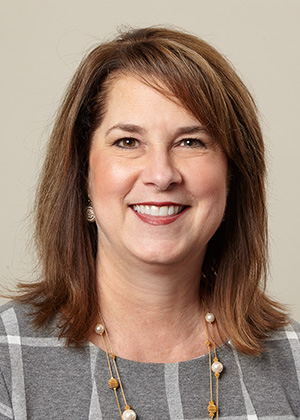
Jill Steelman, MSN, RN
Senior Director of Clinical Education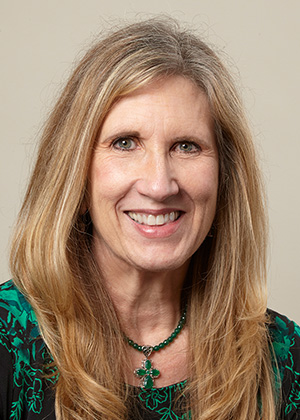
Deb Fitzpatrick, BSN, RN, CVRN
Clinical Education Director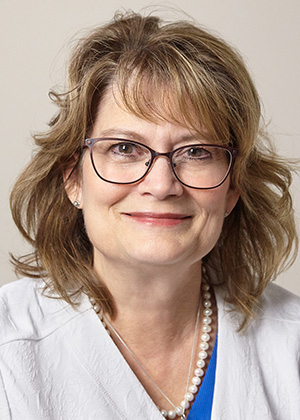
Lori Greer, MSN, RN, CHSE
Simulation Coordinator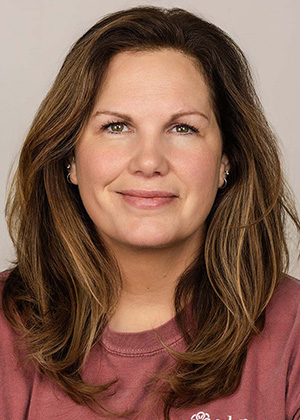
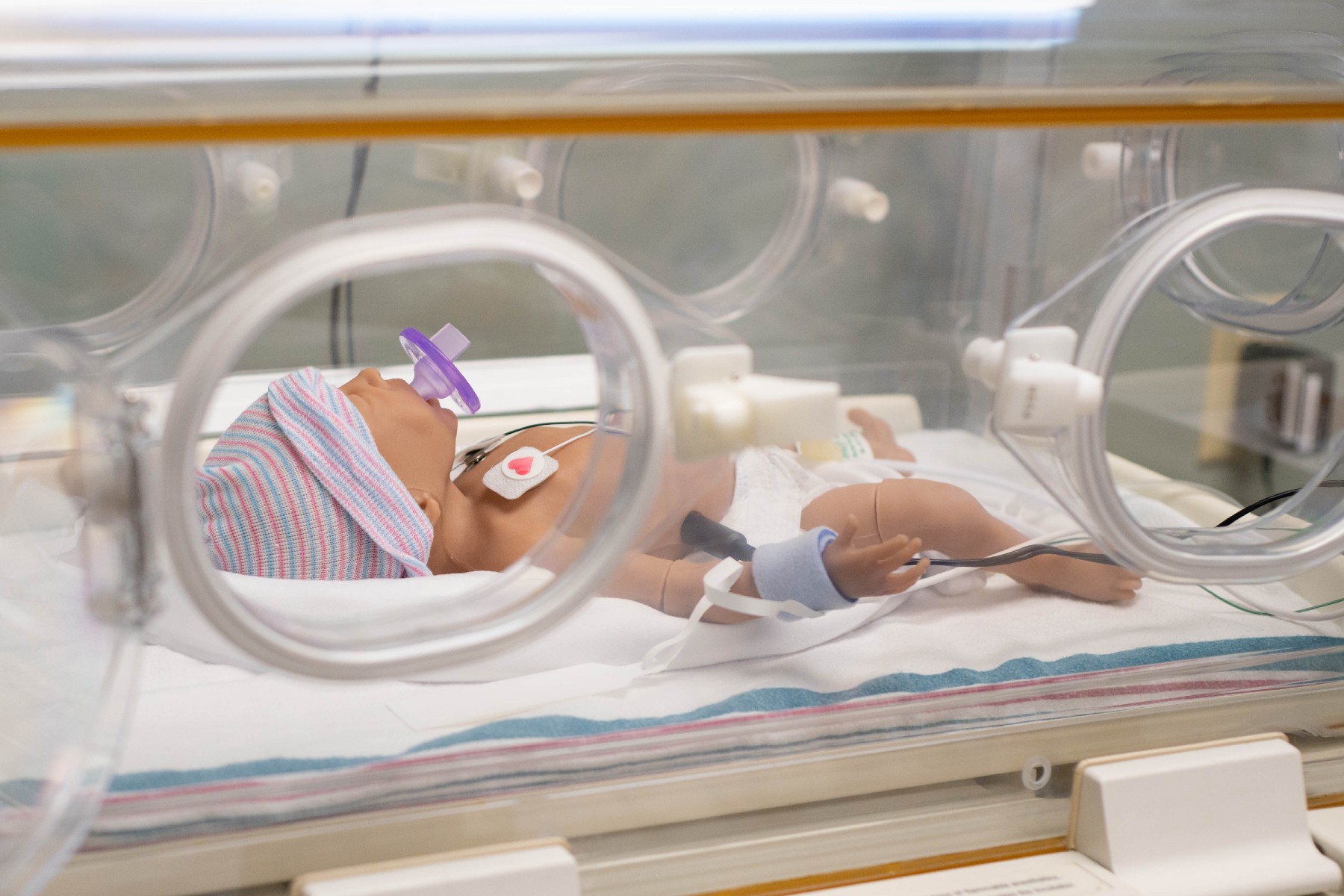
For Healthcare Professionals
Massoud Building, Ground Floor
910 Blackford Street
Chattanooga, TN 37403
The Holli Counts and Joseph Grendys Simulation Center at Erlanger provides hands-on training for Erlanger’s direct patient care staff and students. The center features lifelike, high-fidelity patient simulators - or mannequins - each with unique capabilities to replicate real-life scenarios. The center offers a safe learning environment for staff to practice high-accuracy skills they might not get to do very frequently – all with the goal of improving patient outcomes.
Internal requests will book Sim Center rooms through EHS Outlook account. All requests should include the exact title of the event.
All dates are reserved as tentative until the Simulation Center Reservation Request Form has been completed with an agenda.
The event coordinator will be responsible for resetting all rooms reserved for the event.
This reservation involves lecture and textbook-style instruction rather than demonstration and/or mimics clinical scenario. Clinical Placement/Facility Expectation and Guidelines.
Non-Simulation Event RequestThis reservation involves demonstration and/or mimics a clinical scenario. Simulation is defined as the use of tools, devices, and/or the environment to mimic a particular aspect of clinical care.
Simulation-Based Learning Request



The Simulation Center exists to prepare learners from our regional healthcare community to deliver safe, high quality and compassionate evidence-based care through the utilization of innovative simulation in a collaborative teaching environment.
The Simulation Center aims to improve patient outcomes, quality measures, and critical thinking, while fostering interdisciplinary teamwork, instilling confidence, and increasing professional fulfillment.